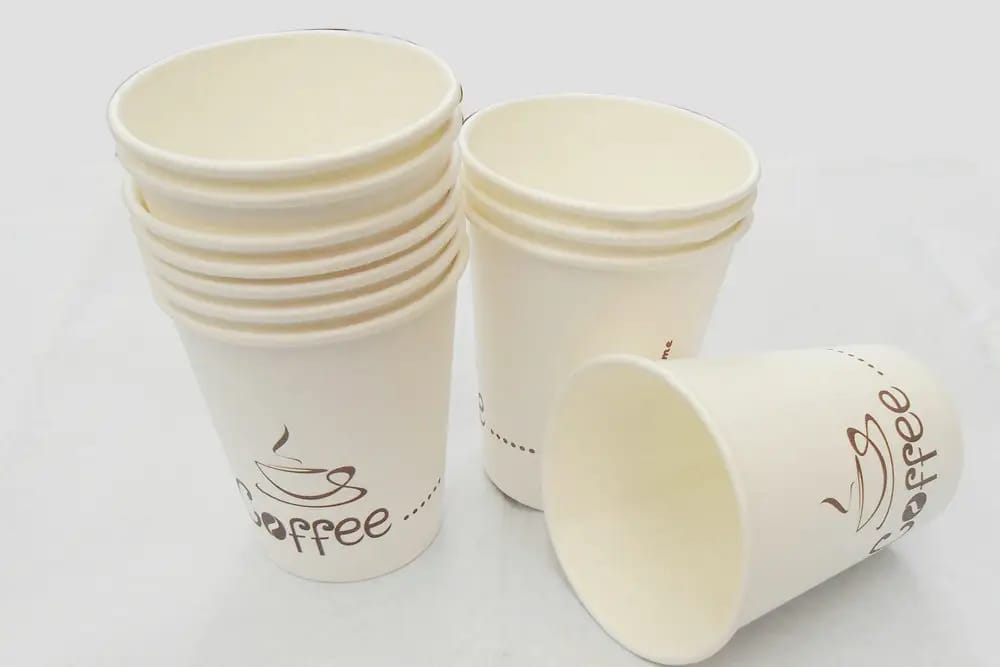Ireland aims to be the first country in the world to stop using single-use coffee cups.
Nearly 500,000 single-use coffee cups are sent to landfill or incinerated every day, 200 million a year.
Ireland is working to shift to sustainable production and consumption patterns that minimise waste and greenhouse gas emissions, under the Circular Economy Act unveiled yesterday.
A circular economy is about reducing waste and resources to a minimum and maintaining the value and use of products for as long as possible.
Over the next few months, cafes and restaurants will ban the use of single-use coffee cups for dine-in customers, followed by a small fee for single-use coffee cups for take-out coffee, which can be avoided entirely by using bring-your-own cups.
Funds raised from the fees will be used for projects related to environmental and climate action goals.
Local governments will also be empowered to use data protection law-compliant technology, such as CCTV, to detect and prevent unsightly illegal dumping and littering, with the aim of deterring illegal dumping.
The bill also effectively halted coal exploration by halting the issuance of new coal, lignite and oil shale exploration and extraction licenses.
Ireland’s Environment, Climate and Communications Minister Eamon Ryan said the publication of the bill “is a milestone moment in the Irish government’s commitment to a circular economy.”
“Through economic incentives and smarter regulation, we can achieve more sustainable production and consumption patterns that move us away from single-use, single-use materials and commodities, which are a very wasteful part of our current economic model.”
“If we’re going to achieve net-zero greenhouse gas emissions, we have to rethink the way we interact with the goods and materials we use every day, because 45 percent of our emissions come from producing those goods and materials.”
There will also be an environmental tax on more responsible waste management practices, which will be implemented when the bill is signed into law.
There will be a mandatory segregation and incentivized charging system for commercial waste, similar to what already exists in the household market.
Under these changes, commercial waste disposal through single, unsorted bins will no longer be possible, forcing businesses to manage their waste in a proper sorting manner. The government said this “ultimately saves business money”.
Last year, Ireland also banned single-use plastic items such as cotton swabs, cutlery, straws and chopsticks under EU rules.

Post time: Apr-23-2022




